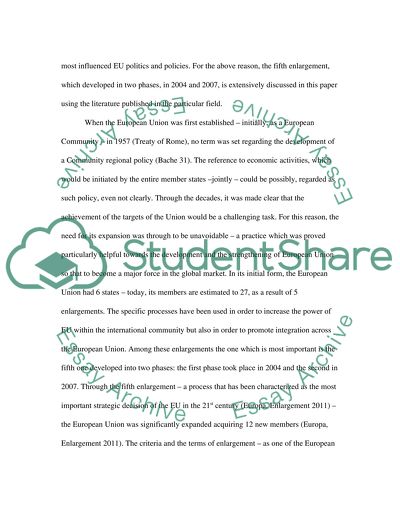Cite this document
(“To what extent, and in what ways, has the constant process of Essay”, n.d.)
Retrieved from https://studentshare.org/environmental-studies/1423255-to-what-extent-and-in-what-ways-has-the-constant
Retrieved from https://studentshare.org/environmental-studies/1423255-to-what-extent-and-in-what-ways-has-the-constant
(To What Extent, and in What Ways, Has the Constant Process of Essay)
https://studentshare.org/environmental-studies/1423255-to-what-extent-and-in-what-ways-has-the-constant.
https://studentshare.org/environmental-studies/1423255-to-what-extent-and-in-what-ways-has-the-constant.
“To What Extent, and in What Ways, Has the Constant Process of Essay”, n.d. https://studentshare.org/environmental-studies/1423255-to-what-extent-and-in-what-ways-has-the-constant.


